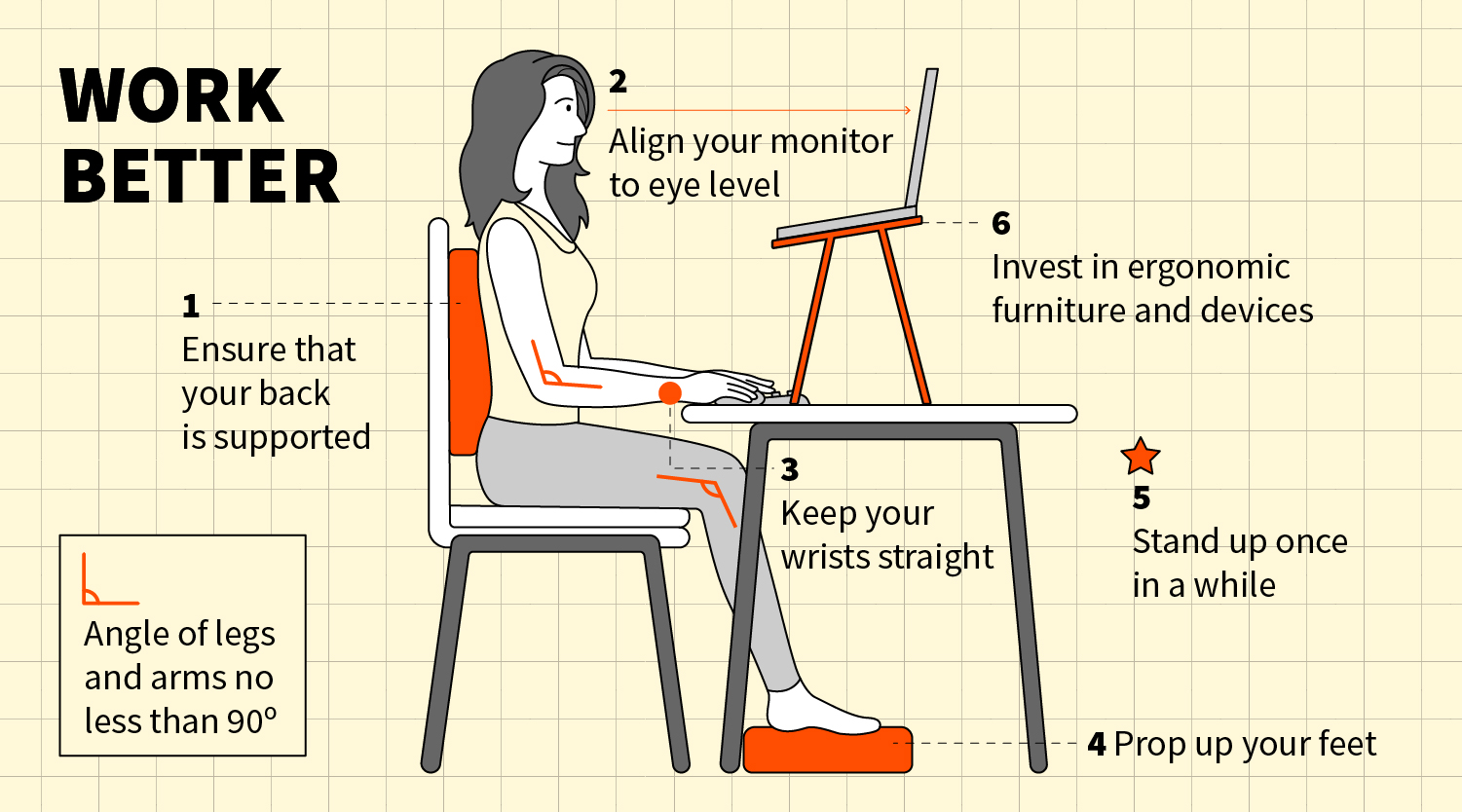Gone are the days when managing proposals was a chaotic and cumbersome process involving mountains of paperwork. Today, proposal management software streamlines and simplifies the workflow. This brings both efficiency and clarity to the bidding process. Continue reading to unravel the factors you should consider when choosing a proposal management tool.
Understanding the Proposal Management Software Ecosystem
Proposal management software is designed to help organizations create, send, and track business proposals with greater ease and efficiency. Within this ecosystem, there are a number of options, and each one offers a unique set of features and capabilities. It provides a structured platform for teams to collaborate and guarantees that every proposal sent out adheres to the company’s brand and regulatory standards.
Before diving into the options, a company must assess its own needs. While some seek comprehensive packages, others might need a more streamlined approach, focusing on a few key functionalities like CRM integration or e-Signature capabilities. To gain insight into what is the best software for proposal management, it’s critical to compare various offerings. Check out Upland’s Qvidian and consider your organization’s size, complexity, and specific proposal-related challenges.
It’s also essential to learn the basics of how this type of software functions before investing in the system. The software should offer functionality that aligns with industry best practices, facilitating a streamlined bid process that reduces the time and resources spent on proposal creation. It should also allow real-time collaboration among team members as well as help avoid any version control issues that plague manual processes. Thankfully, Qvidian has all of these bases covered.
Critical Components of Proposal Management Tools
When exploring proposal management options, certain critical components emerge as must-haves. An intuitive content management system, for instance, is essential to keep all proposal materials organized and accessible. This feature allows for the repurposing of content, saving valuable time and maintaining consistency across documents.
Another indispensable element is an efficient tracking system that offers transparency throughout the proposal’s lifecycle. Such a feature enables businesses to follow a proposal’s status in real-time as well as provide insights into customer engagement and behavior. The feedback loop is invaluable for refining future proposals and tailoring follow-up communication strategies.
Customization features also play a pivotal role in proposal management tools. Businesses want the ability to personalize proposals to reflect their brand and to address the unique needs and pain points of each potential client. Customization extends from the look and feel of documents to the inclusion of personalized videos or interactive elements that can set a proposal apart.
Compatibility and Integration With Existing Systems

The best proposal management software should seamlessly fit into your organization’s current tech stack. This means compatibility and ease of integration with existing systems like CRM software, project management tools, and other enterprise solutions. Smooth integration reduces the learning curve and minimizes disruptions to the workflow, making the transition to a new system more palatable for staff.
Also, you should consider the long-term technical implications of your choice. The software should scale with your business, offering features and integrations that will remain relevant as your company grows and evolves. Forward-thinking compatibility translates to a longer software lifespan and a better return on investment.
To ensure integration is successful, businesses must have clear internal communication channels and appropriate IT support. Companies might encounter snags in syncing data or customizing features to work with legacy systems. So, vendor support in this phase is crucial. A provider willing to assist with these technical intricacies can significantly affect the successful adoption of the tool.
Overall, choosing the right proposal management software necessitates careful reflection on an array of features, from user experience and integration capabilities to the support and updates provided by the vendor. It is a partnership where the success of your proposal strategy is intrinsically linked to the solution you select.

